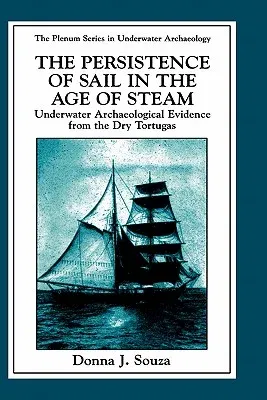Donna J Souza
(Author)The Persistence of Sail in the Age of Steam: Underwater Archaeological Evidence from the Dry Tortugas (1998)Hardcover - 1998, 30 June 1998

Qty
1
Turbo
Ships in 2 - 3 days
In Stock
Free Delivery
Cash on Delivery
15 Days
Free Returns
Secure Checkout

Part of Series
The Springer Underwater Archaeology
Part of Series
Plenum Series in Underwater Archaeology
Part of Series
Springer Series in Underwater Archaeology
Print Length
189 pages
Language
English
Publisher
Springer
Date Published
30 Jun 1998
ISBN-10
0306458438
ISBN-13
9780306458439
Description
Product Details
Author:
Book Edition:
1998
Book Format:
Hardcover
Country of Origin:
US
Date Published:
30 June 1998
Dimensions:
23.39 x
15.6 x
1.27 cm
ISBN-10:
0306458438
ISBN-13:
9780306458439
Language:
English
Location:
New York, NY
Pages:
189
Publisher:
Series:
Weight:
467.2 gm